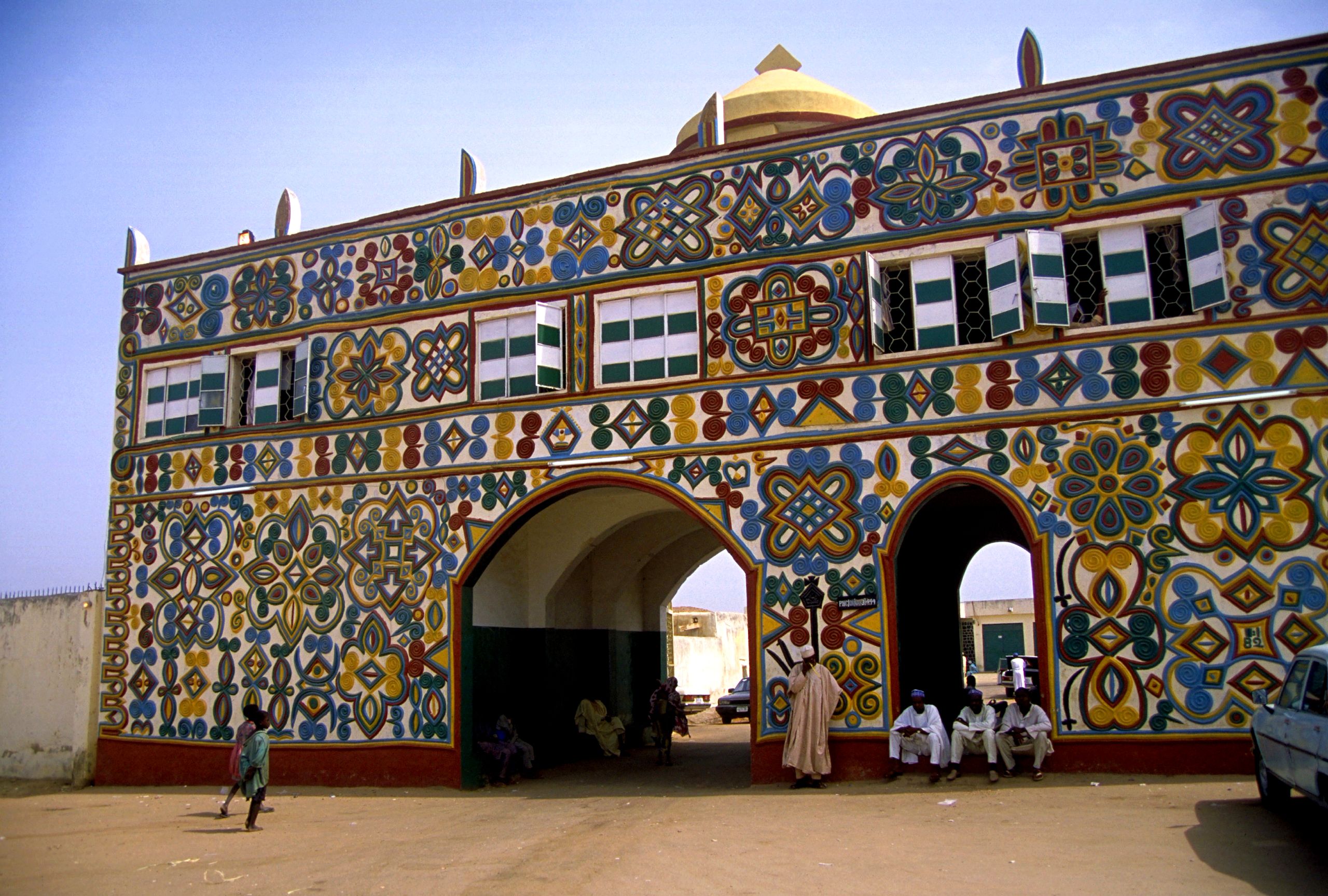During a recent visit to the Emir of Zazzau, Ambassador Ahmed Bamalli, the Speaker of the House of Representatives, Rt. Hon. Tajuddeen Abbas, stated that the 10th National Assembly would review the issue of constitutional roles for traditional rulers, which was not considered by the 9th National Assembly.
The speaker’s visit, which was a homecoming of sort to the constituency he represents and meant as homage to the emir, was marked by a grand durbar which signifies the speaker’s close connection to the traditional rulership of the ancient city of Zazzau (Zaria)
At the emir’s palace, the speaker said, “I am aware that three years ago, there was a paper by the Traditional Rulers Council representing the six geo-political zones where they stated how they wanted the traditional institutions to function in the present democratic dispensation.’’
The speaker went on, “I assure you today that my colleagues and I who are from traditional ruling houses and others who share similar sentiments will go back and look at the position paper written by the traditional leaders to ensure that the traditional institution has a place in this current political dispensation. We will work assiduously with the various state houses of assembly to ensure that the glory of the traditional institution is restored.’’
There is no doubt that the speaker has touched on a very sensitive subject on which Nigerians are sharply divided. There are those who support the call that traditional rulers being the custodians of our traditions and cultures should be given roles in our constitution in order to act as a stabilising factor in our polity. Those in this school of thought point to the obvious fact that Nigerians generally hold traditional rulers in high esteem. They also say that even as traditional rulers have been relegated to the background in temporal affairs, governments at all levels still find them useful and often consult them, especially on matters that have to do with public order and security. The argument is further made that as traditional rulers are regarded as fathers of all without any partisan linkages to any group in society they lead and symbolise, they can be relied upon to provide dispassionate ideas and leadership on how to resolve some of the intractable issues that have defied and dogged the country.
On the opposing spectrum of thought, however, it is believed that while traditional rulers are acknowledged as custodians of our values and thus symbolic fathers of our societies, there is no need to provide an imprimatur of constitutionality for them so as not to dilute and compromise their revered status in society. Doing so, according to this group, would thrust our traditional rulers and the institutions they symbolise and represent into the often harsh and uncomplimentary glare of the public space.
Notwithstanding the sharp divergence on the subject of constitutional role for traditional rulers, we believe it merits another look to determine properly how and where to place our traditional rulers in the matrix of governance in the country. This has become necessary, following the myriad of challenges that have stretched our existing structures of governance.
In this regard, we must bear in mind that in the past, traditional rulers made up part of the structure of governance in the country. In the northern part of the country, for instance, the Native Authority System was very much run by traditional rulers and their duties and responsibilities which included supervising and administering the justice system and the treasury were statutorily recognised.
Although the Native Authority System generated a lot of controversies when it existed, there was no doubting its efficacy in the area of security, especially in our vast rural communities. Under the authority of traditional rulers, our rural communities were well secured through a variety of proactive and reactive security measures.
With the current insecurity ravaging the country, especially in our rural communities, traditional rulers have been playing a pivotal role in helping to tackle the issue in conjunction with government, security and law enforcement agencies.
Despite all this, however, Nigerians remain divided on whether traditional rulers should be given constitutional roles. The speaker’s remarks have no doubt reopened conversations on this issue and we expect that in due course, the debate will gain traction in the public space.
Accordingly, we believe that going forward, it is imperative for a national conference to be convoked to discuss this issue. Such a conference will enable Nigerians to deliberate on all aspects of the subject matter and arrive at a resolution which will hopefully be satisfactory to all.

 Join Daily Trust WhatsApp Community For Quick Access To News and Happenings Around You.
Join Daily Trust WhatsApp Community For Quick Access To News and Happenings Around You.


